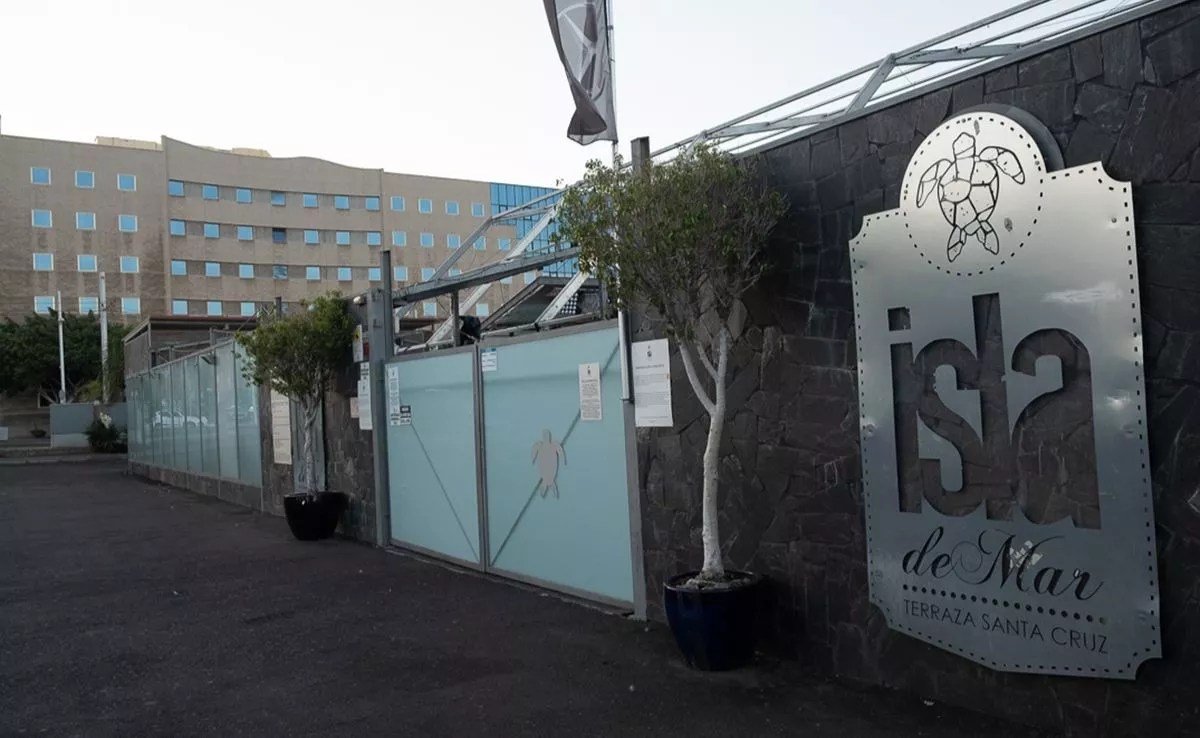
SANTA CRUZ DE TENERIFE/MADRID, May 22. (EUROPE PRESS) –
The Ministry of the Interior will mobilize a total of 4,767 security forces agents for the municipal and regional elections on March 28 in the Canary Islands, according to data made public this Monday by the Ministry of the Interior.
Specifically, there will be 2,177 members of the National Police, 2,000 of the Civil Guard and 590 of the Local Police.
Throughout the country Interior will mobilize almost 99,000 agents, the “greatest security device in history” established in an election, with 7% more troops than in the 2019 local elections.
The National Police will deploy a total of 30,638 agents, while the Civil Guard will have 48,083.
For their part, the regional police forces will add 5,548 troops and, finally, the agents of the different municipal police forces will be 14,300. To all of them must also be added the 422 police officers deployed at IFEMA Madrid, where the National Data Dissemination Center will be established.
According to Interior, a total of 98,991 troops will work to guarantee citizen security and the exercise of rights and freedoms during voting day, which means 6,610 more agents, an increase of 7%, than in the previous local elections and the European Parliament that were held in May 2019.
In the breakdown by Autonomous Communities, Andalusia is the one with the greatest police deployment, with 20,203 agents, followed by the Community of Madrid, with 10,225 troops, and the Valencian Community, with 10,027. In Melilla, where there is an investigation for possible electoral fraud due to the purchase of votes by mail, there will be 594 police officers during election day.
In Catalonia, 8,901 agents will be mobilized, of which 3,891 belong to the Mossos d’Esquadra staff, while in the Basque Country there will be a total of 1,544, of which 1,217 are from the Ertzaintza. Navarra will have 2,079 troops, with 440 members of the Foral Police.
CRITICAL INFRASTRUCTURES AND CYBERSECURITY
The Secretary of State for Security, Rafael Pérez, signed in April the instruction that coordinates the actions in security matters on the occasion of these local elections, the objective of which was to establish the guidelines for action of the State Security Forces and Corps and its collaboration with other regional or local police forces.
During the critical phase, which is the one that will take place during the final campaign ceremonies, the day of reflection and the day of voting, the surveillance and protection of critical infrastructures will be intensified, as well as the cybersecurity of the entire process and the devices of the polling stations and their surroundings.
To this end, an IT Security Operations Center is set up to monitor and manage the security and continuity of all the information systems involved in the electoral process, as recalled by the Ministry of the Interior.
In these local elections, aspects related to cybersecurity have intensified.
The instruction of the Secretary of State for Security included a specific protocol on this matter in which the Cybersecurity Coordination Office (OCC), the General Directorate for Internal Policy, the Information Security Subcommittee for Diffusion are involved. of Provisional Results in Electoral Processes, the State Security Forces and Bodies and the Coordination Network for Security in Electoral Processes.
















